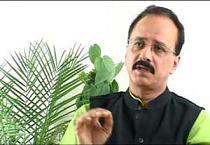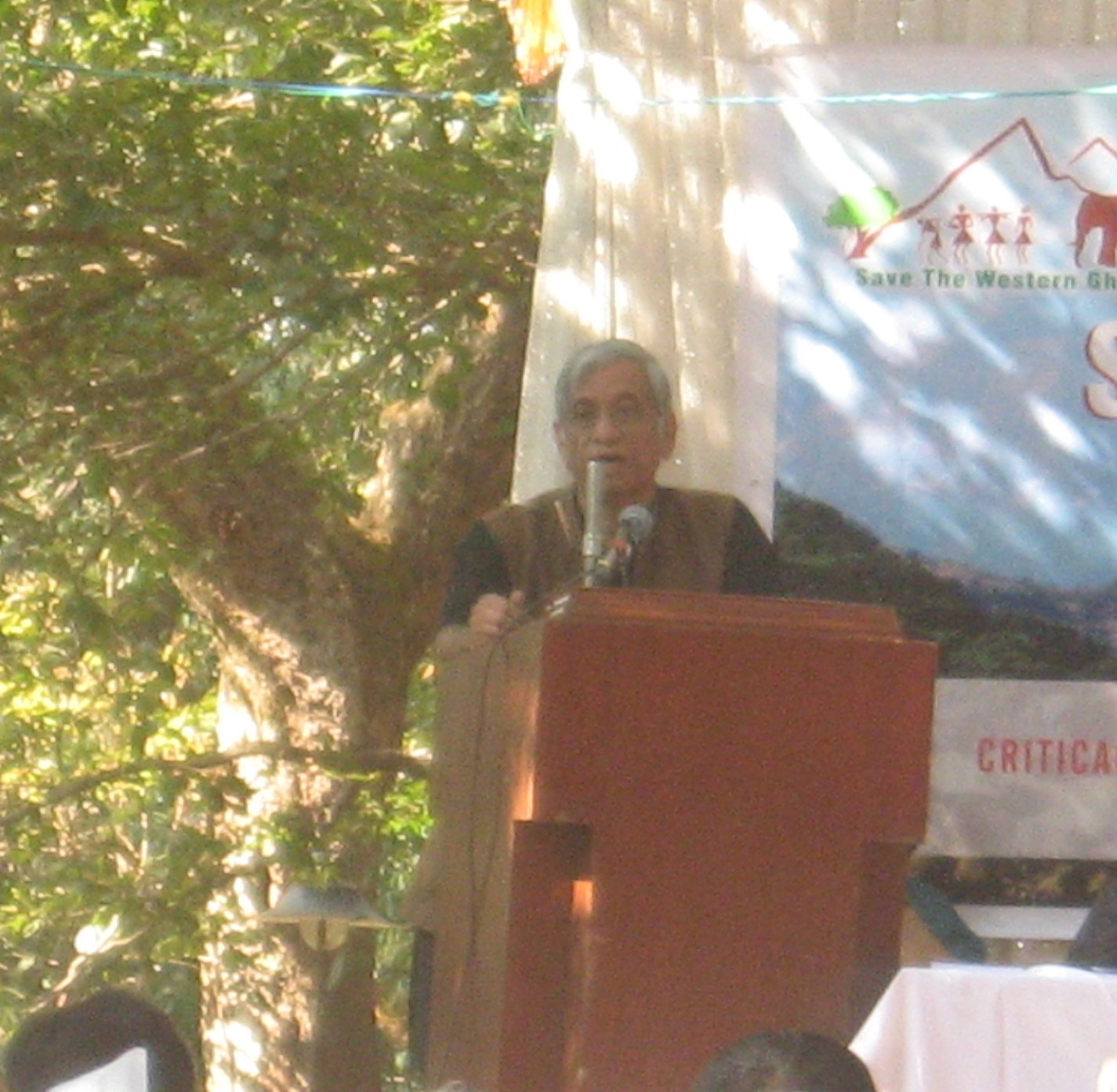/sub-categories/interviews
Interviews
Video: "80% of waste we generate everyday can be recycled": Interview with Vani Murthy, a Bangalore-based citizen activist
Posted on 06 Feb, 2013 01:19 PMSource of video: Chai with Lakshmi
Video: Practising high-density micro-organic farming on your roof top - An interview with Mallesh, Purna Organics, Bangalore
Posted on 05 Feb, 2013 04:46 PMSource of Video: Chai with Lakshmi
India's sanitation spot: Moving towards non-water based solutions in the future requires careful planning
Posted on 20 Dec, 2012 11:43 AM
Philippe Cullet
"No full stops for this rainman" - Interview with Shree Padre, farmer, water journalist and rainwater harvesting "evangelist" based in Kerala (2007)
Posted on 14 Jul, 2011 10:41 AMAuthor: Namitha Dipak, Lokhit Pashu-Palak Sansthan
Shree Padre, farmer, water journalist, and rainwater harvesting “evangelist” based in Kerala, India
Intensive farming responsible for farmer suicides - Interview with Devinder Sharma with special focus on Odisha
Posted on 27 Jun, 2011 11:54 AM
Q: Odisha is not much known for farmers' suicide the way we hear it in Vidarbha, Andhra Pradesh etc. But of late such cases are being reported in the media. What's the reason?
A: When you look at the issue of farmers' suicide, it's an indication of the crisis that exists in the agriculture sector. This is linked to monoculture and intensive or industrial farming model that have been implemented in the country. Vidharbha for instance has been in the news on the issue of farmers' suicide mainly because there is one NGO namely Vidharbha Jan Andolan Samiti which regularly compiles the figures of farmers suicide and feeds to the media. Unfortunately there are no such NGOs elsewhere to do a similar job. So therefore we do not get the real picture of farmers distress in other areas where conditions are equally bad. If suppose this NGO also stops compiling suicide figures, our impression about Vidharbha as a suicide belt of India will also disappear. In other words, not only in Vidharbha, agriculture across the country is in a terrible crisis.
"Every 30 Minutes": Crushed by debt and neoliberal reforms, Indian farmers commit suicide at a staggering rate - A report by CHR&GJ - NYU School of Law - Interview with Democracy Now
Posted on 14 Jun, 2011 05:46 PMThe crisis has ballooned with economic liberalization that has removed agricultural subsidies and opened Indian agriculture to the global market. Small farmers are often trapped in a cycle of insurmountable debt, leading many to take their lives out of sheer desperation.
Jackfruit is vital for food security, says Bijay Kumar of NHB
Posted on 01 Feb, 2011 05:26 PM
This is the opinion of Bijay Kumar, Managing Director of National Horticulture Board (NHB). He was expressing this in an exclusive interview to Panasam Wonders.
He regretted “We are not able to exploit its full potential. But as it is a good livelihood option for the weaker sections of the society, it’s high time to concentrate our efforts for its development.”
Corruption has fuelled India's economic growth - OneWorld South Asia interview with Devinder Sharma
Posted on 01 Feb, 2011 05:18 PM
